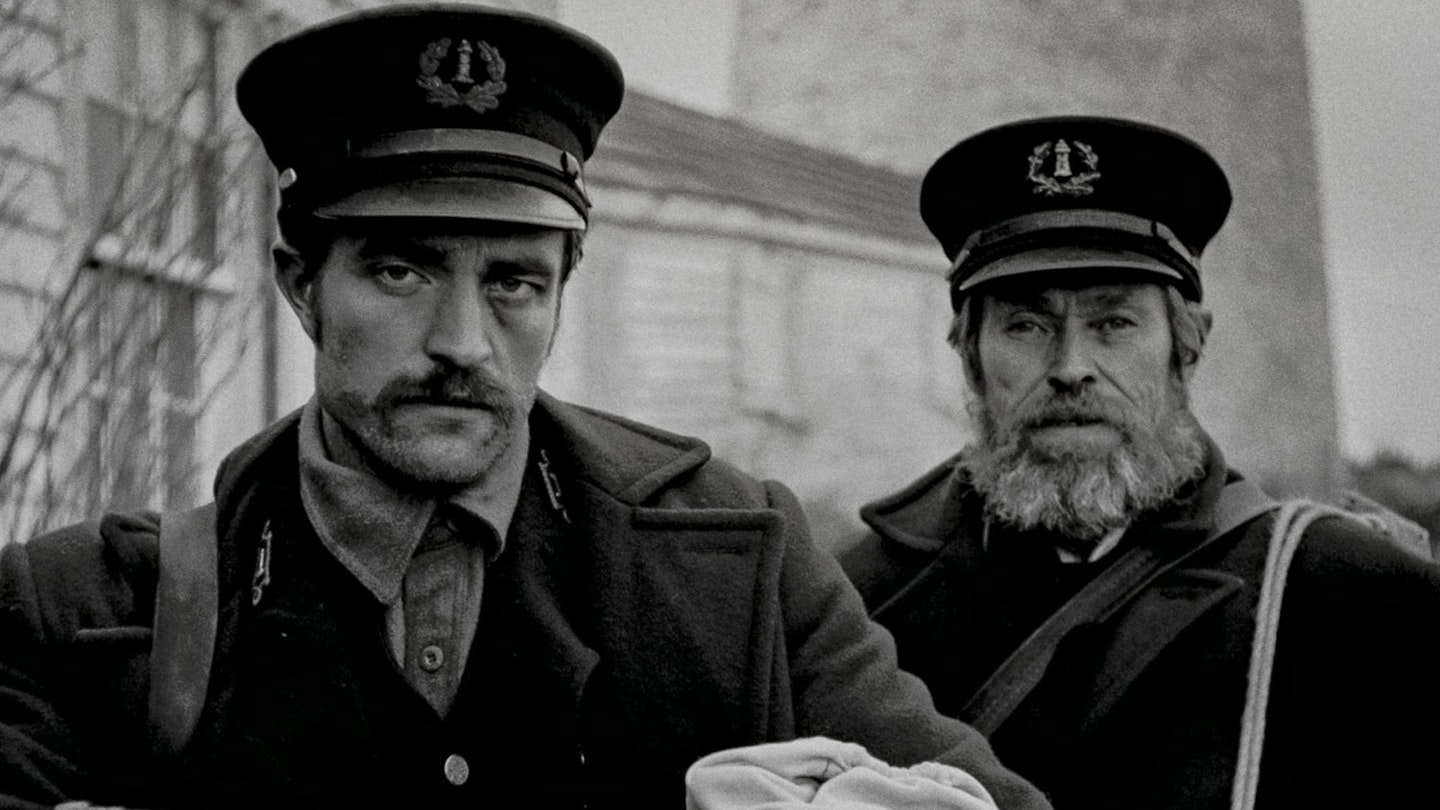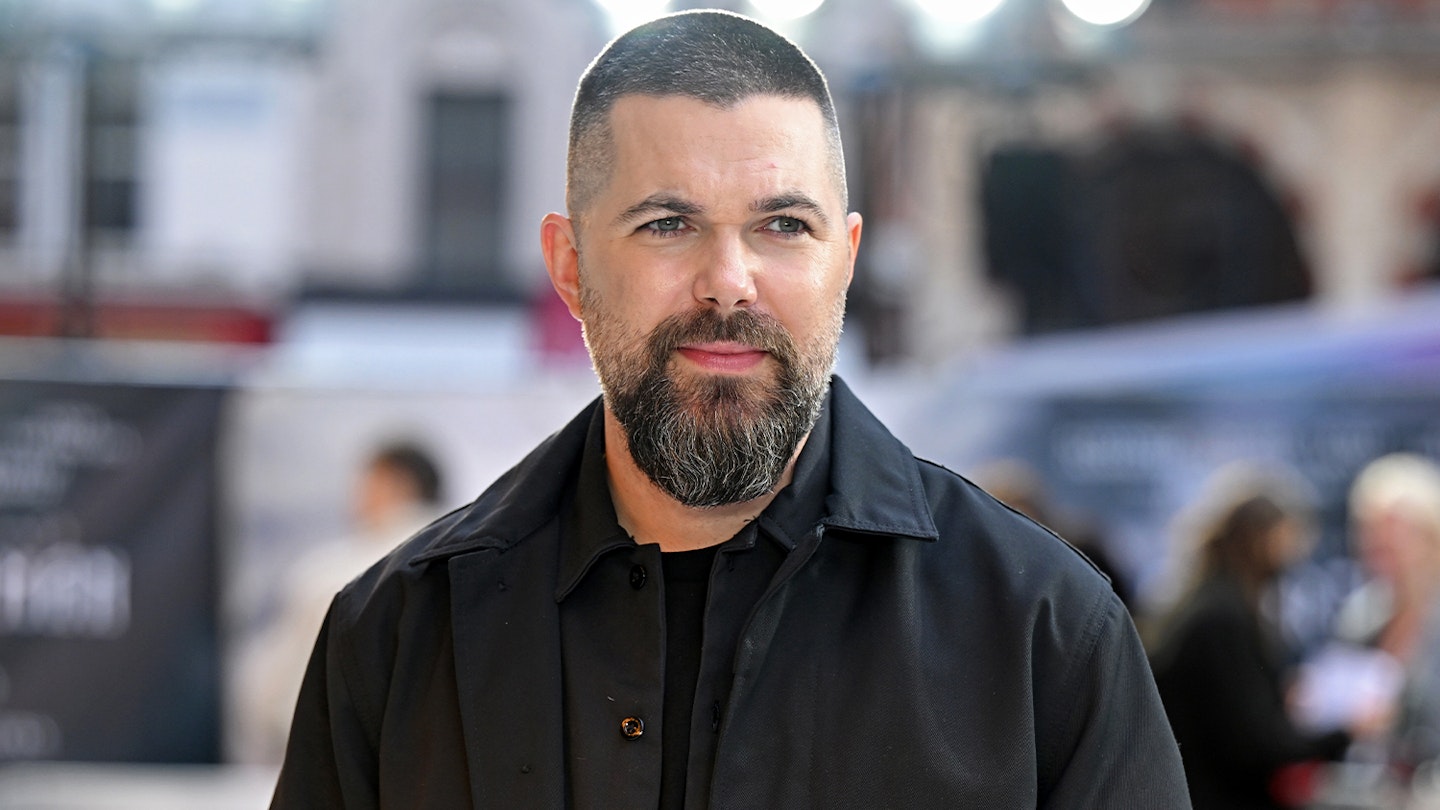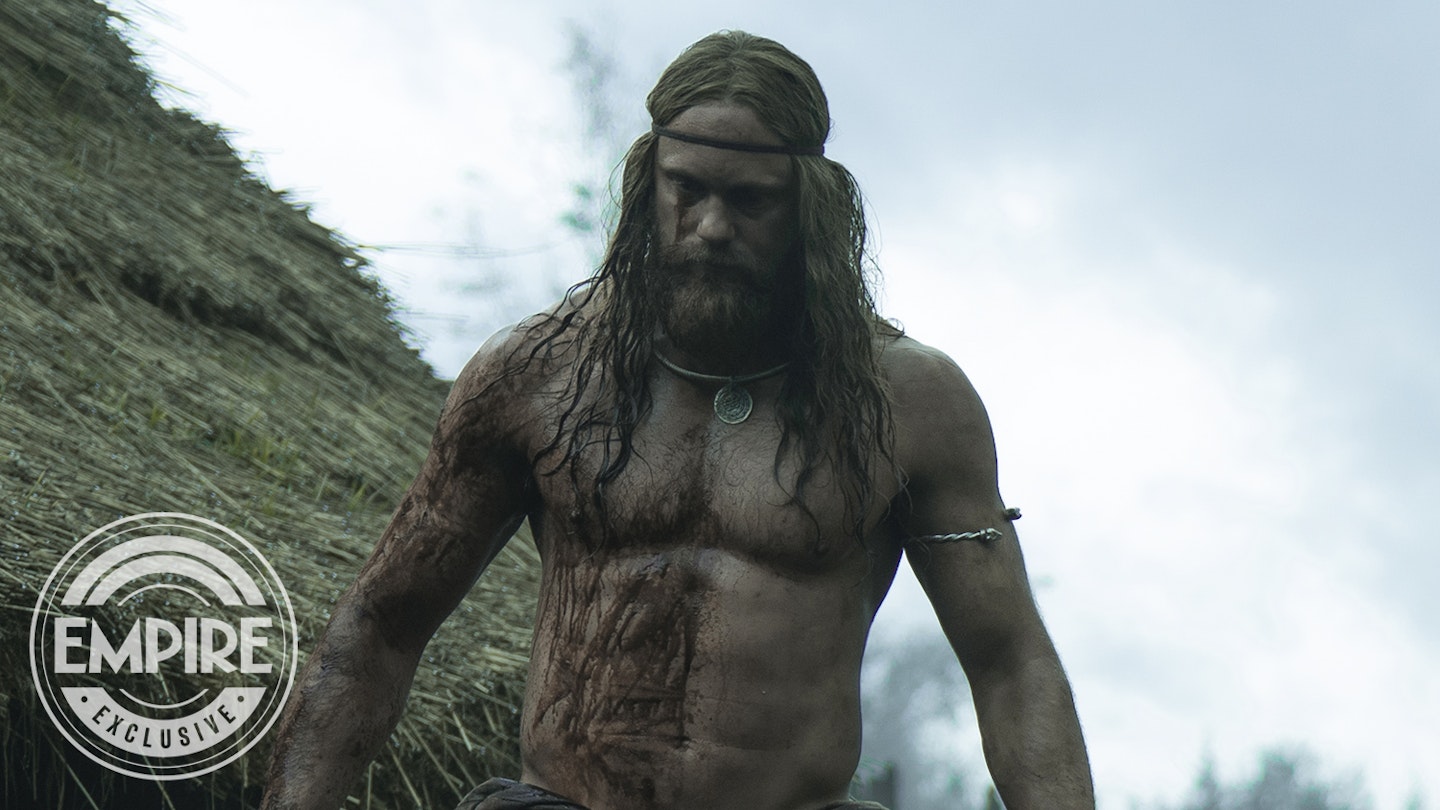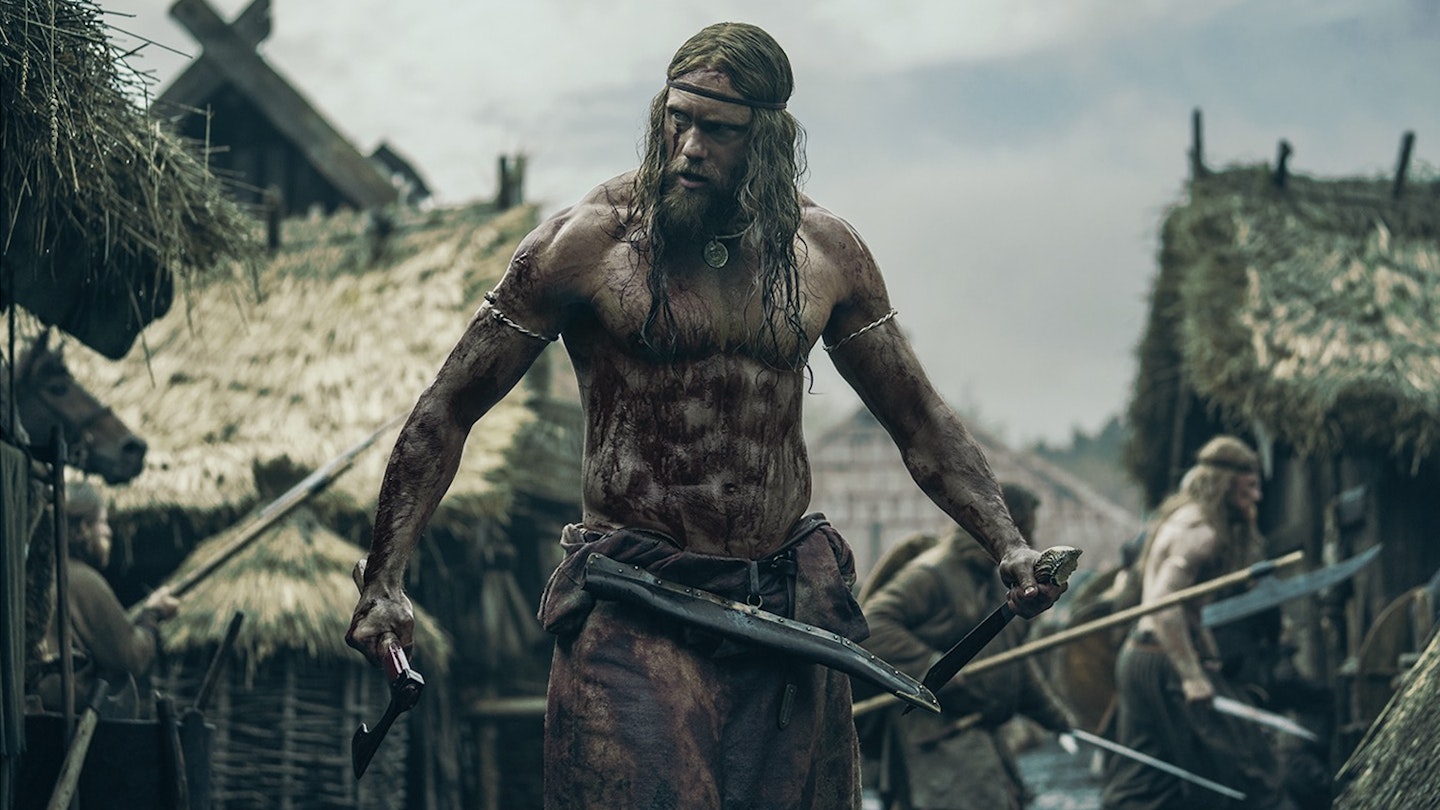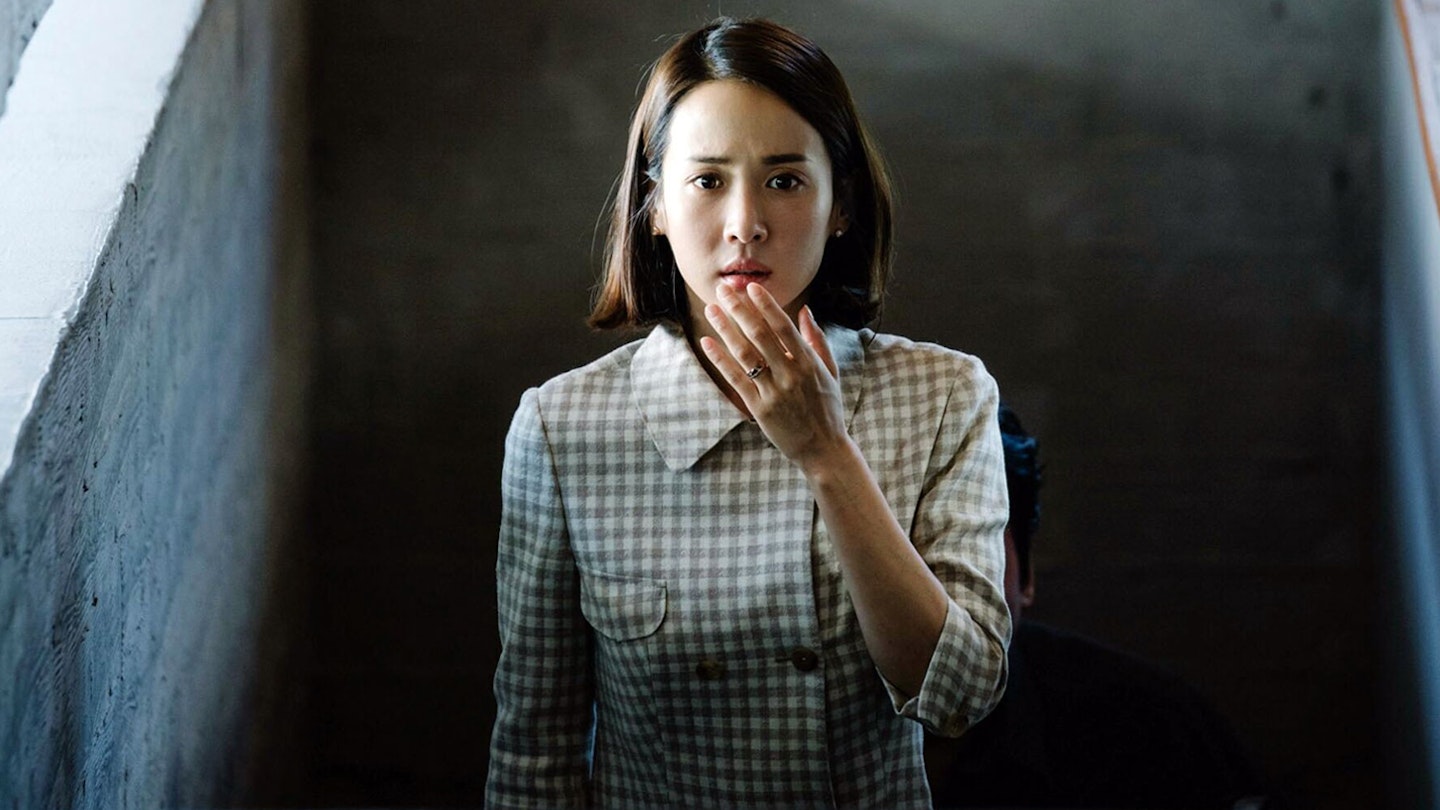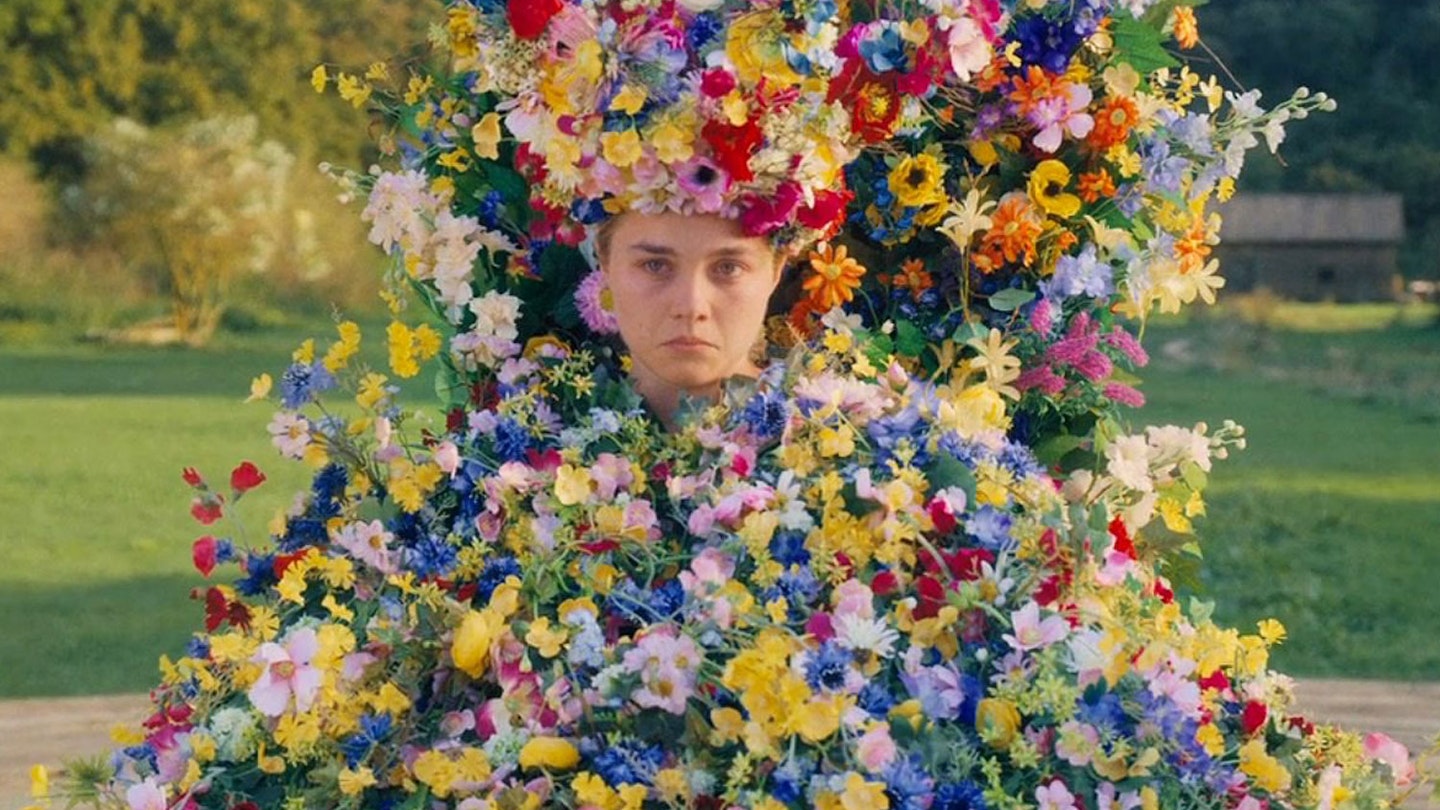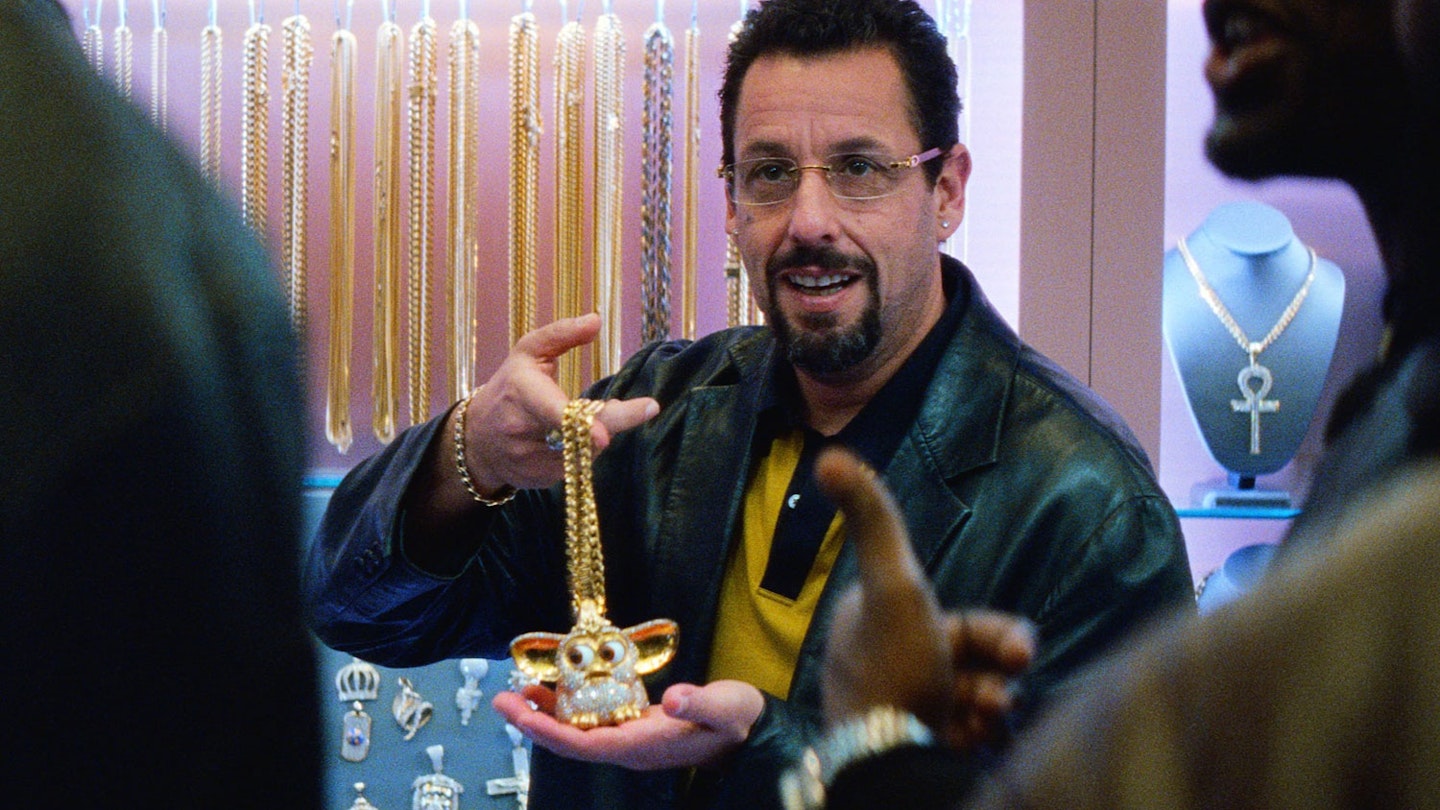Early on in The Lighthouse, director Robert Eggers’ dazzling, demented follow-up to The Witch, veteran lighthouse keeper Thomas Wake (Willem Dafoe) recounts how the last keeper (or ‘wickie’, to use the naval parlance) went mad, after believing there was “some enchantment in the light”. Ephraim Winslow (Robert Pattinson), the replacement wickie, scoffs at this. “Tall tales,” he says.
The Lighthouse is itself a tall tale, the kind sailors might have once told over a frothy tankard of ale with a faraway look in their eyes. It is a folk tale deeply rooted in that tradition, soaked to the salty skin with superstition and sinister iconography. And yet... The Lighthouse is an altogether taller tale than most. There are plenty of moments where you’ll have no bloody idea what you’re watching. Other times it feels like an endurance test — like you’ve been stranded on an island in a storm with little chance of rescue. But surrender yourself to its strangeness and you might also find some enchantment in its light.
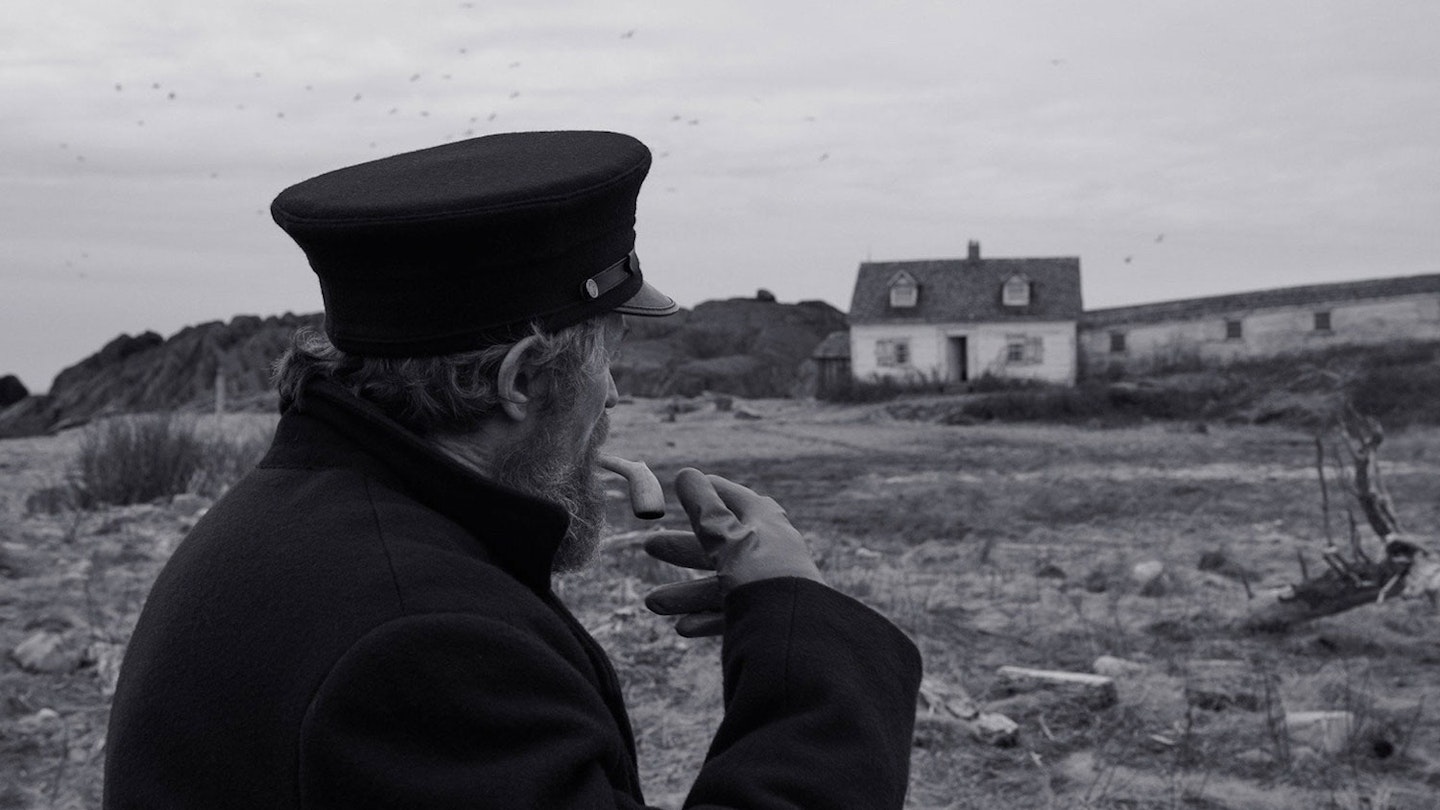
Like all the best folk tales, there’s a surface simplicity to this story: one setting, two characters. And it begins straightforwardly enough: Wake and Winslow, an old hat and a new recruit, hunker down for four weeks on an island inhabited only by a lighthouse and a bunch of bad-mannered seagulls. Their roles and responsibilities are clearly delineated: the younger man must take on the grunt work, while the older man is the only one allowed to tend to the lighthouse’s actual light, which seems to hold some impenetrable power, like a Promethean fire.
They make for an odd couple of sorts. Winslow is a closed book, a timberman clearly escaping something, his secrets hidden behind a rolled-up cigarette and scruffy moustache. Wake, meanwhile, is far more gregarious, a salty sea dog with mad eyes set within a fiery mane of hair and beard. In Dafoe’s stunningly transformative performance, he croaks his way through all manner of sea shanties, twinkly wisdom and maritime myths. He is, as Winslow notes, almost a parody of a sailor. “I’m a wickie,” he asserts, “and a wickie I is.” But is he really? As the film progresses, the mysteries mount. Who can we really trust?
The erosion of sanity is so incremental that you almost don’t realise it’s happened.
An encounter with a seagull, said to carry the souls of drowned sailors, turns the wind, both literally and metaphorically; as a storm builds outside, the real storm rages inside. Eggers plays with the power dynamics as the lengthening time spent on the island, endured in isolation and seclusion, and the intense labour forced upon Winslow, triggers a descent into madness. The men begin to drink more heavily, turning to moonshine when the rum runs out. They fight. They bond. They fight again. There are even some glimmers of unspoken attraction. They — and we — find themselves gripped in a routine of increasingly absurdist horror. “Boredom makes men into villains,” as Wake intones, and by the end, something resembling boredom sends these men down dark paths indeed.
The erosion of sanity is so incremental that you almost don’t realise it’s happened. Then you witness Willem Dafoe invoke King Triton himself to curse Robert Pattinson for insufficiently complimenting his lobster cooking; or Pattinson feverishly masturbate to the hallucination (or memory?) of a mermaid vagina. Reality and fantasy begin to blend imperceptibly, time becomes an immeasurable thing, and we are bombarded with staggering, striking, soaring imagery, as intoxicating and visceral as a sweat-soaked fever dream.
Such visuals, presented bluntly and largely without any obvious narrative reason, are often just surreally funny, and you may find yourself laughing at the inexplicable tentacle porn just as much as the more obvious comedy. (Few serious moments are left undercut without one of Dafoe’s well-timed farts). But it’s rarely less than a hypnotically confusing experience. Eggers’ camera does an astonishing job in conjuring a nightmare out of time, with the dense black-and-white grain of 35mm capturing every shadow and contour, lending it a sense of early 20th-century Expressionist horror. Even the aspect ratio proves as claustrophobic and disorientating as anything within its strange square frame.
Disorientation is the goal here. Eggers gives little sly hints here and there but never capitulates to narrative simplicity, and the lack of obvious pay-off might prove an inaccessible step too far for some. But this is a folk story that has more to it than just the story. It’s an exploration of masculinity, sexuality and shame, and how alcohol becomes the only mechanism for expressing limited vocabulary; it is a stonking acting showcase from two of the best in the business, sparking off each other like lightning in a storm; it is the best kind of myth-making, borrowing from Greek mythology, Jungian psychology and Lovecraftian monsters; and it is, above all, a tall tale so thick with mood, atmosphere and detail that it will leave your bones rattled and your heart ablaze.
